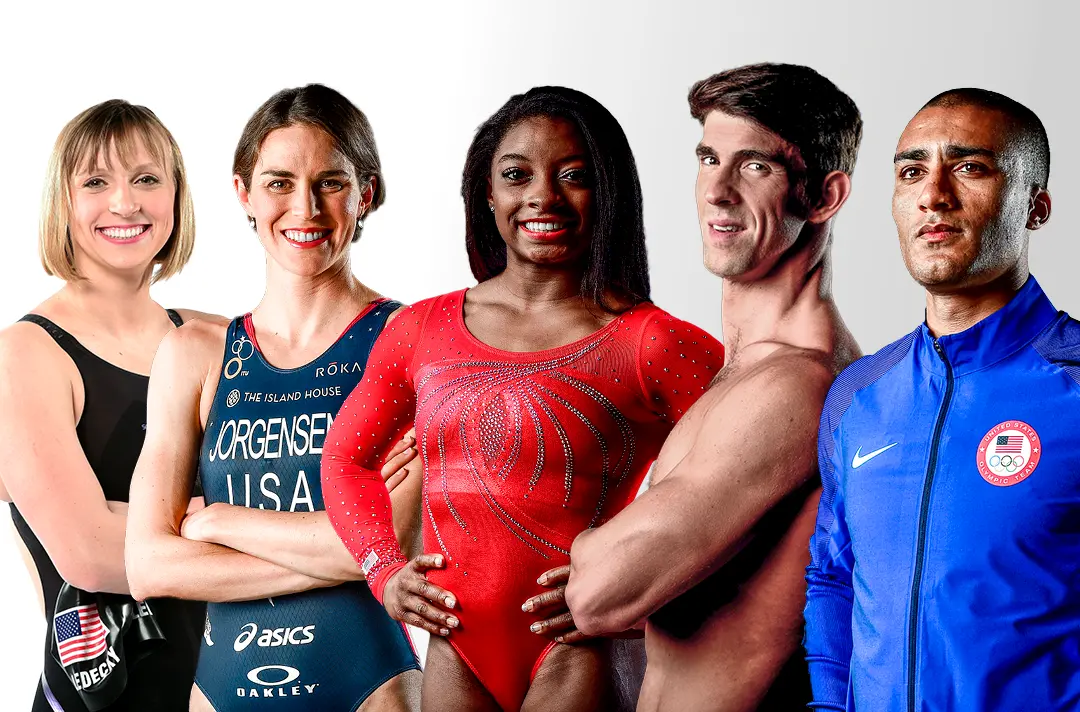The New York Knicks lost again Tuesday night when the team with the second-best chance to win the lottery somehow ended up with the fourth pick. The poor lottery position is actually the fitting ending to a very disappointing season, yet they probably deserve it after being treated well previously by the luck-based process.
The team run by former Knicks player Phil Jackson, which finished with a 17–65 record, will likely miss out on selecting highly touted centers Karl-Anthony Towns or Jahlil Okafor as they look to quickly rebuild around star forward Carmelo Anthony. (Fortunately, long-suffering Knicks fans took the news in stride, as evidenced by their hilarious twitter reactions.)
Meanwhile, the Los Angeles Lakers—who had the fourth-best odds—moved up two spots from their projected draft position and wound up with the second overall pick.





